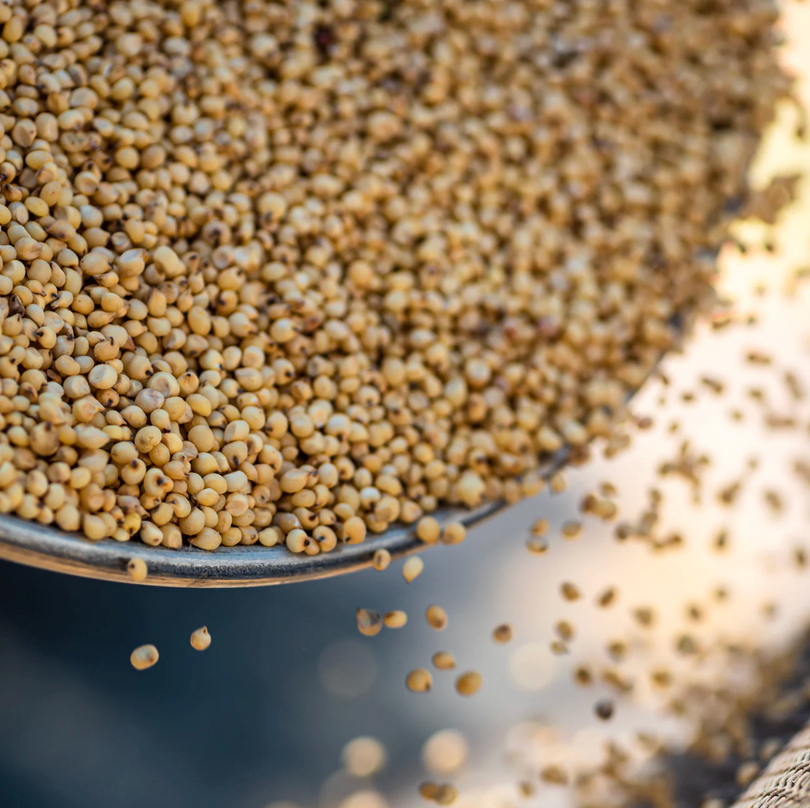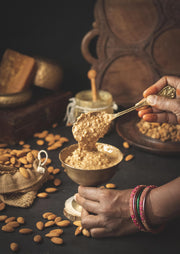written by Shanthini Rajkumar
Is there anything worse than conversing with someone who has foul smelling breath? However well the person may be dressed or be affluent of purse, the lack of mouth and body hygiene does leave a lasting negative impression.
Even before the emergence of modern day toothpastes or mouth rinses, the Indian after meal ritual consists of a practice of popping in specific ingredients which act as mouth fresheners and kill the odour emitting bacteria. The name Mukhwas is associated with an after meal digestive condiment made of numerous ingredients.
The name has its origins in Sanskrit - ’mukh’ means mouth and ‘was’ is the smell. Contrary to the general perception, digestion of food begins long before the food enters the stomach. Chewing is a way to release digestive enzymes in the salivary glands which begin the act of breaking down food particles for further digestion and absorption.
Post a meal, there is always the instance of food particles stuck in corners and crevices of the teeth, gums and palate. A meal heavy with Indian spices or strong ingredients does tend to leave an unpleasant aftertaste which tells on the breath. While this is one of the reasons to pop in a small spoonful of Mukhwas after a meal, the other advantage is that it does promote gut health.
The ingredients in a mukhwas may vary from one recipe to another but a prime ingredient is the saunf or fennel seeds. Fennel contains a compound which destroys bacteria and fungus in the mouth while Gulkand another ingredient in mukhwas treats acidity and mouth ulcers. As per ayurveda the combination of fennel+sugar calms down pitta (the dosha that gets aggravated slightly after having a heavy meal.)
Other dried ingredients like amla, jeshthamadh (liquorice), cinnamon, cardamom, ginger, roasted coriander etc are used to make a natural breath freshener/digestive.
Jeshthamadh taken in small quantities has a pleasing aroma and many health benefits. After a large feast or a heavy meal, a small helping of mukhwas placed in the palm of the hand to be tossed into the waiting mouth gives tremendous relief and removes any feeling of flatulence or uneasiness.

It is not surprising then that offering mukhwas to a guest is a part of Indian hospitality. Far be it for guests to feel uncomfortable after a meal cooked with love and care. After all guests are thought of as the divine and all efforts are made to lavish attention to make visitors feel welcome.
A paan offering too which leaves the mouth red was apparently a telltale sign in ancient days that a guest was well looked after.
Small bottles of Mukhwas lined up neatly, each one offering a small difference in flavour and variation in texture is also part of the gastronomic experience. This makes the mukhwas experience a must try and a habit worth inculcating.














